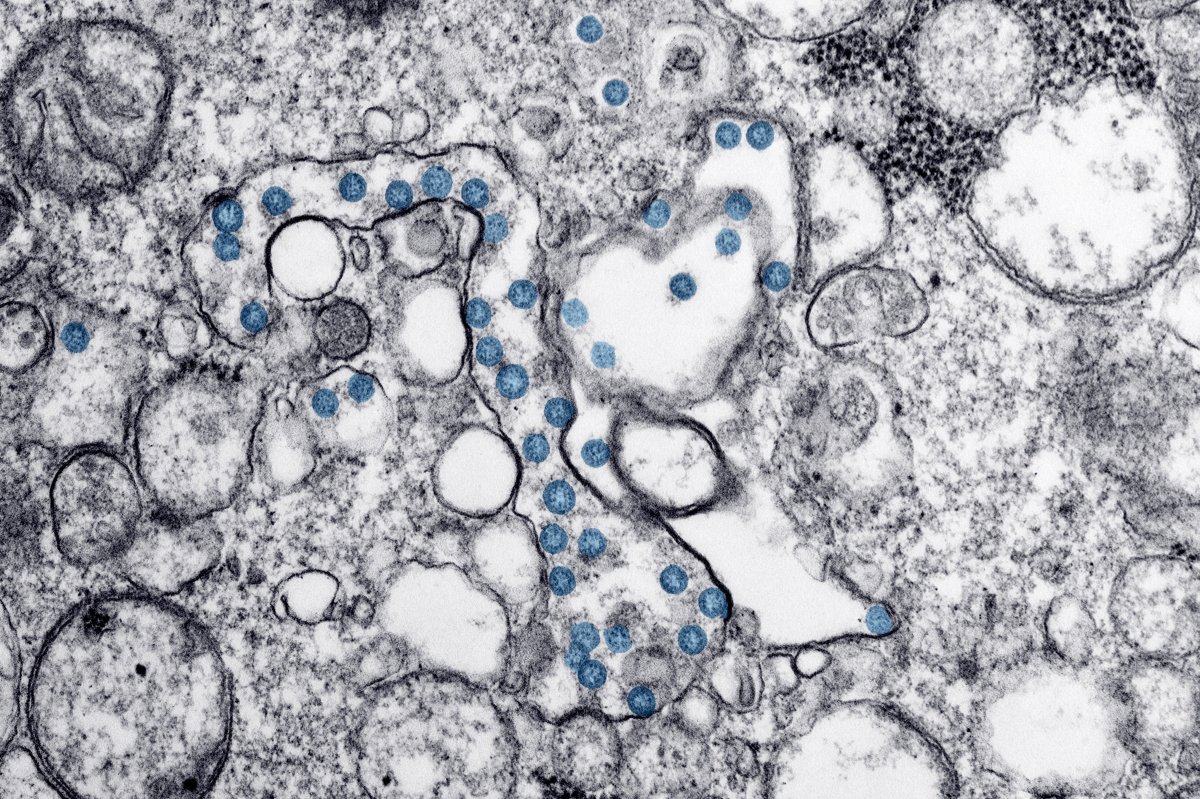Intentionally infecting yourself with the novel coronavirus is a very, very bad idea, and you shouldn’t do it.

That message from London, Ont. epidemiologist, Greta Bauer, may seen obvious, but it appears some aren’t getting the memo.
The Western University epidemiology and biostatistics professor wrote in the New York Times on Wednesday that she and other epidemiologists have heard ‘rumblings’ about people intentionally refraining from physical distancing, or pondering the idea of hosting the COVID-19 equivalent of chickenpox parties.
Of the reasons why, Bauer writes some are seeking to build population immunity, or want to become immune themselves so they can return to work or serve their communities, while others are just tired of being cooped up at home.
No such parties have been reported by local health officials.
While it isn’t surprising people are looking for solutions — it’s normal for people to be scared or frustrated or want to find ways to help out their families and communities, Bauer says — the problem is that there are still many unknowns surrounding COVID-19.
“I think they’ve absorbed the information about death rates, and they understand that that’s less likely if you’re young, and that’s what for some people brings up the arguments around chickenpox,” Bauer told Global News Radio 980 CFPL on Thursday.
“Anybody over a certain age remembers a time when there wasn’t a vaccine and it was generally understood that it was safer to get them when you were younger. But this isn’t chickenpox, and we also don’t know a lot of things about it.”

In particular, it’s not even clear yet whether immunity from the novel coronavirus is a guarantee, and if so, how long it might last.
The idea of herd immunity depends on people having lifelong, or at least long-term, immunity, Bauer says, adding novel coronavirus could be seasonal.
“Is the second case going to be milder? Or is it going to be more extreme? There are examples of viruses that act each of those ways,” she said.
“We have examples even of people who appear to be re-infected shortly after they infected the first time. We don’t know if those are real re-infections or test error, or remission and relapse.”
- Canadian man dies during Texas Ironman event. His widow wants answers as to why
- ‘Sciatica was gone’: hospital performs robot-assisted spinal surgery in Canadian first
- Canadians more likely to eat food past best-before date. What are the risks?
- Treatment from female doctors leads to lower death rates, study finds
Also unknown is the kind of long-term damage the virus may cause to the heart or lungs, and how long it stays in the body. The same herpes virus that causes chickenpox, for example, can re-emerge in adulthood as shingles.
“Everybody seems to be assuming that with this new virus, that when the infection is gone, the virus is gone. And we don’t know that either.”
On Thursday, Prime Minister Justin Trudeau said Canadians will need to stay at home and physically distance for months as the first wave of cases won’t end until the summer.
Trudeau added things won’t return to normal across the country until there is a vaccine, which could take a year or a year and a half.
“While it’s really hard to be patient, I think it’s important to think about how fast the science is moving, and to understand that in a month or two months, we’re going to know a lot more about this than we do right now,” Bauer said.
“Now is not the time to be even thinking about intentional infection.”
— With files from the Associated Press
Questions about COVID-19? Here are some things you need to know:
Health officials caution against all international travel. Returning travellers are legally obligated to self-isolate for 14 days, beginning March 26, in case they develop symptoms and to prevent spreading the virus to others. Some provinces and territories have also implemented additional recommendations or enforcement measures to ensure those returning to the area self-isolate.
Symptoms can include fever, cough and difficulty breathing — very similar to a cold or flu. Some people can develop a more severe illness. People most at risk of this include older adults and people with severe chronic medical conditions like heart, lung or kidney disease. If you develop symptoms, contact public health authorities.
To prevent the virus from spreading, experts recommend frequent handwashing and coughing into your sleeve. They also recommend minimizing contact with others, staying home as much as possible and maintaining a distance of two metres from other people if you go out.
For full COVID-19 coverage from Global News, click here.












Comments